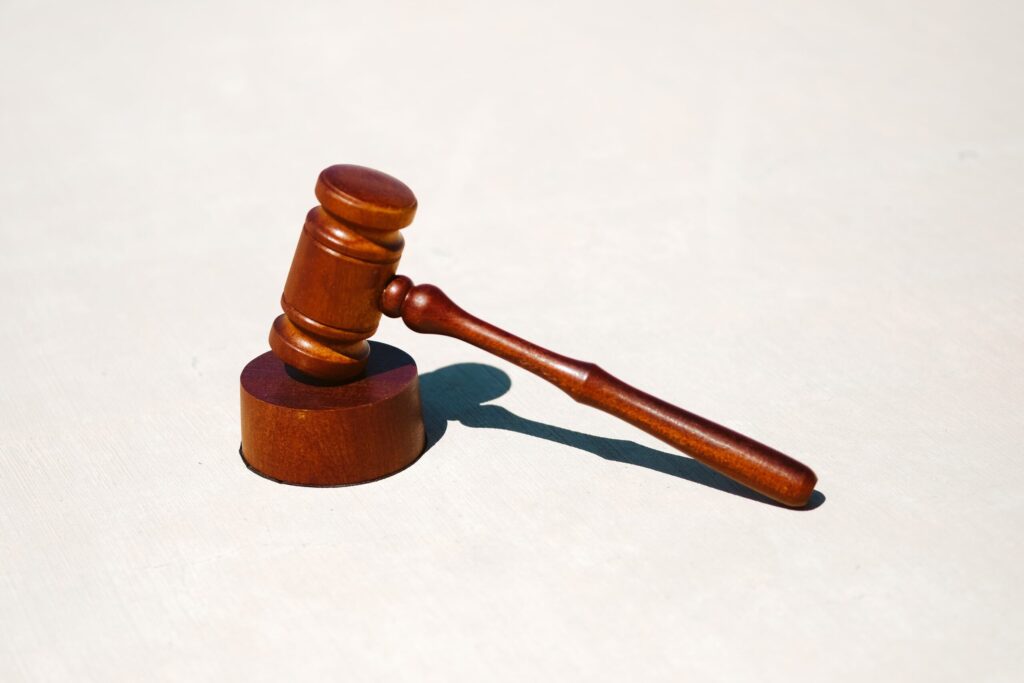A wage garnishment is the legal process of collecting debts directly from an individual’s wages or bank account. It is only used in Canada as a means of reclaiming any outstanding debts or money owed by individuals when it is not repaid in line with the terms and conditions of the loan agreement. Although a wage garnishment can see your paycheque docked at source, which can lead to embarrassment and further financial difficulty, Canadian law does recognize that some assets are essential for maintaining a basic standard of living. These essential assets are therefore considered exempt from garnishment in Canada. This means that individuals facing financial challenges can still meet their basic needs. In this article, we explore the exemptions from garnishment in Canada, and the assets that are protected under these laws. So, what is exempt from garnishment in Canada?
Why are there exemptions from garnishment in Canada?
Exemptions from garnishment exist for one simple reason – to protect individuals from being left with nothing when facing financial difficulties. Although these outstanding debts must be addressed, it is crucial that individuals are safeguarded, and that they can still access their basic needs. This includes maintaining their livelihood, and protecting their health and wellbeing.
What is exempt from garnishment in Canada?
The garnishment exemptions in Canada do vary slightly depending on your province or territory of residence. See, for instance, Ontario exemptions. Generally speaking, there are several common types of protected assets in Canada, which include the following:
- Your primary residence. In most provinces, your primary residence is exempt from garnishment. This means you have a secure place to live, even while facing financial challenges.
- Your personal belongings. Any essential personal belongings, like clothing, furniture, and appliances, are usually exempt. This enables you to maintain a basic standard of living.
- Tools used for work. If you have tools, equipment, or materials that you require for work, these are often exempt. This helps individuals to carry on earning a living and to support themselves financially.
- Pensions and retirement savings. Any pensions, registered retirement savings plans (RRSPs), and retirement savings are typically protected from garnishment. This means that individuals do not need to be worried about having their post-retirement savings deducted.
- Social assistance. If you receive payments from social assistance programs – like disability benefits or welfare – these are typically exempt. This protects vulnerable Canadians who rely on social assistance payments for their wellbeing.
- Life insurance proceeds. Any proceeds from life insurance policies are often exempt. This means that beneficiaries receive the financial support they were always intended to receive.
- Child support and alimony. These payments are usually protected from garnishment. This is because these payments are often crucial for supporting dependents, who should not necessarily be affected by your financial difficulties.
Are there limits to these protected assets?
Absolutely – it is important to note that there are limits and variations to the exemptions from garnishment. If, for instance, your primary residence is exempt, there might be a maximum equity threshold following which your residence is no longer protected. This prevents you owning an excessively expensive home while avoiding paying your debts. Some provinces have unique regulations regarding the types of assets that are exempt.
Speak to a Licensed Insolvency Trustee
In Canada, Licensed Insolvency Trustees are the only professionals in the country legally able to file all forms of debt relief. This means they are well placed to review your financial circumstances and recommend an appropriate pathway to either substantially reduce or eliminate your debt completely. If you are facing a wage garnishment, or feel you have more debt that you can reasonably manage, it is a good idea to book a free consultation with a Licensed Insolvency Trustee. At Spergel, we can help you to understand the specific exemptions that apply in your jurisdiction. We will also guide you through the process of debt relief, while helping to protect your essential assets. Unlike other bankruptcy firms, at Spergel, you are assigned your very own Licensed Insolvency Trustee from the beginning to walk you through your entire debt relief journey, instead of passing you from person to person.
Understanding what is exempt from garnishment in Canada is important in ensuring any individuals facing financial difficulty have appropriate assets to essential assets. The exemptions in place offer a balance between debt recovery and safeguarding the wellbeing of individual and their families. Book a free consultation with Spergel to better understand your rights and protected assets when it comes to filing debt relief.



















